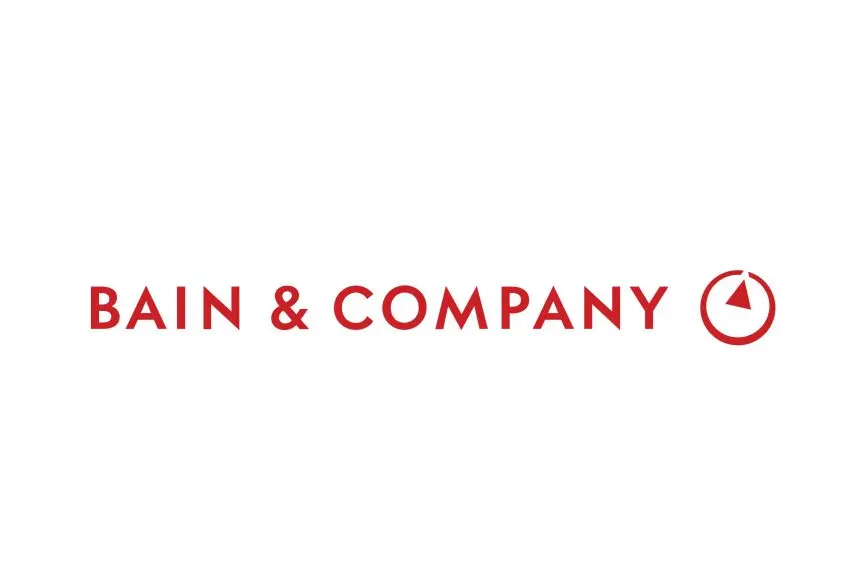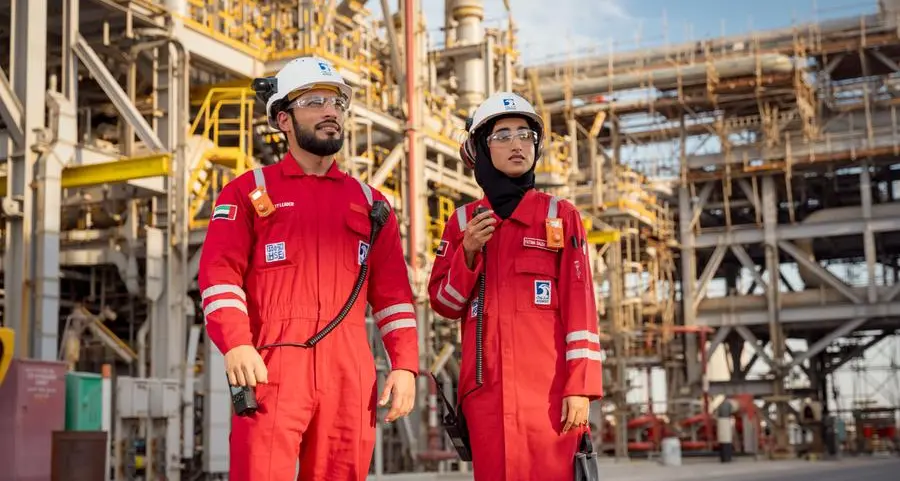PHOTO
Middle East – Decarbonizing the fashion and luxury industry is no longer a side initiative, but a critical business imperative that will reshape industry dynamics over the next decade. A new report published by Bain & Company found that the most effective decarbonization pathway lies at the intersection of carbon impact and business value—where environmental gains align with commercial logic.
Fashion accounts for approximately 2% of global emissions, however, only 11% of the industry’s market value is on track to meet 2030 targets. In the report, Bain used a marginal cost of abatement curve (MACC) to compare potential decarbonization levers and their returns on investment (ROI). Looking at fashion apparel and luxury separately, the MACCs were developed from aggregated public data, focused on near-term targets, and modelled emissions growth through 2030 in line with expected market growth.
“Fashion and luxury’s decarbonization journey is a complex one. What we’ve done is break down into immediate priorities and longer-term actions that companies can leverage to reduce carbon impact and still maintain commercial value,” said Matteo Capellini, a partner from the Sustainability & Responsibility practice at Bain & Company.
“In the near term, we found that AI could improve demand forecasting and reduce e-commerce returns—two areas where inefficiency drives both emissions and margin erosion. But the bigger challenge lies in turning performance into habit. That means treating decarbonization not as a standalone initiative, but as a business discipline embedded in sourcing, supply chain, inventory management, and product strategy.”
One critical decarbonization lever for fashion apparel is sourcing. While shifting to recycled materials is an important first step, the bigger opportunity lies in influencing supplier behavior such as using lower-emission methods of manufacturing.
For luxury, durability and lower impact per wear are intrinsic to brands’ business models. Cutting overproduction and scaling resale would be important levers to focus on. Luxury’s high gross margins mean that brands tend to overlook overproduction to avoid stockouts. However, unsold inventory not only erodes margins, but also carry environmental costs which are increasingly under regulatory scrutiny particularly in Europe.
The report recommends using AI to help brands address overproduction and improve inventory efficiency. AI-powered sales forecasting is already in use or being tested by approximately 60% of fashion brands, enabling more accurate predictions of consumer demand across styles, sizes, and geographies. In parallel, around half of brands are leveraging AI to allocate stock more precisely. Technology is also enabling new production models, where brands are beginning to pilot made-to-order and made-to-measure approaches that significantly reduce waste by producing only what is needed.
Regulation is also pushing fashion toward circularity by banning inventory destruction and supporting resale. Upcoming EU regulations requiring digital product passports (DPP) could unlock new possibilities by doubling fashion products’ lifetime value – with consumers reaping the rewards.
The report finds that secondhand remains a negative-ROI decarbonization lever for most brands as profitability is lower with majority of secondhand sales taking place on third-party platforms. Additionally, emissions are only reduced when secondhand volumes grow at the expense of firsthand volumes. To counter this barrier, brands must turn secondhand into a profitable, brand-owned channel that drives both customer lifetime value and emissions reductions.
“Secondhand is fundamental to reaching the SBTi near-term target and DPP is a critical element to remove friction and cost to the overall channel. Done right, resale can shift from margin drain to margin growth—and become a credible and scalable decarbonization tool,” said Capellini.
Editor’s Note – For interviews or further information, please contact:
Christine Abi Assi – christine@daydreamer.agency
About Bain & Company
Bain & Company is a global consultancy that helps the world’s most ambitious change makers define the future. Across 65 cities in 40 countries, we work alongside our clients as one team with a shared ambition to achieve extraordinary results, outperform the competition, and redefine industries.
We complement our tailored, integrated expertise with a vibrant ecosystem of digital innovators to deliver better, faster, and more enduring outcomes. Our 10-year commitment to invest more than $1 billion in pro bono services brings our talent, expertise, and insight to organizations tackling today’s urgent challenges in education, racial equity, social justice, economic development, and the environment. We have earned a platinum rating from EcoVadis, the leading platform for environmental, social, and ethical performance ratings for global supply chains, putting us in the top 1% of all companies. Since our founding in 1973, we have measured our success by the success of our clients and proudly maintain the highest level of client advocacy in the industry.




















